Roto-Rooter & Recovery: Part 4
 Sun, March 4, 2012 at 3:46PM
Sun, March 4, 2012 at 3:46PM Continued from Part 3…
I bet you hope I’m getting close to wrapping up this series on my surgery. Perhaps I’ve paid so much public attention to it here because I don’t have an actual physical scar to show. All that pain and suffering, and no visible evidence. Drat!
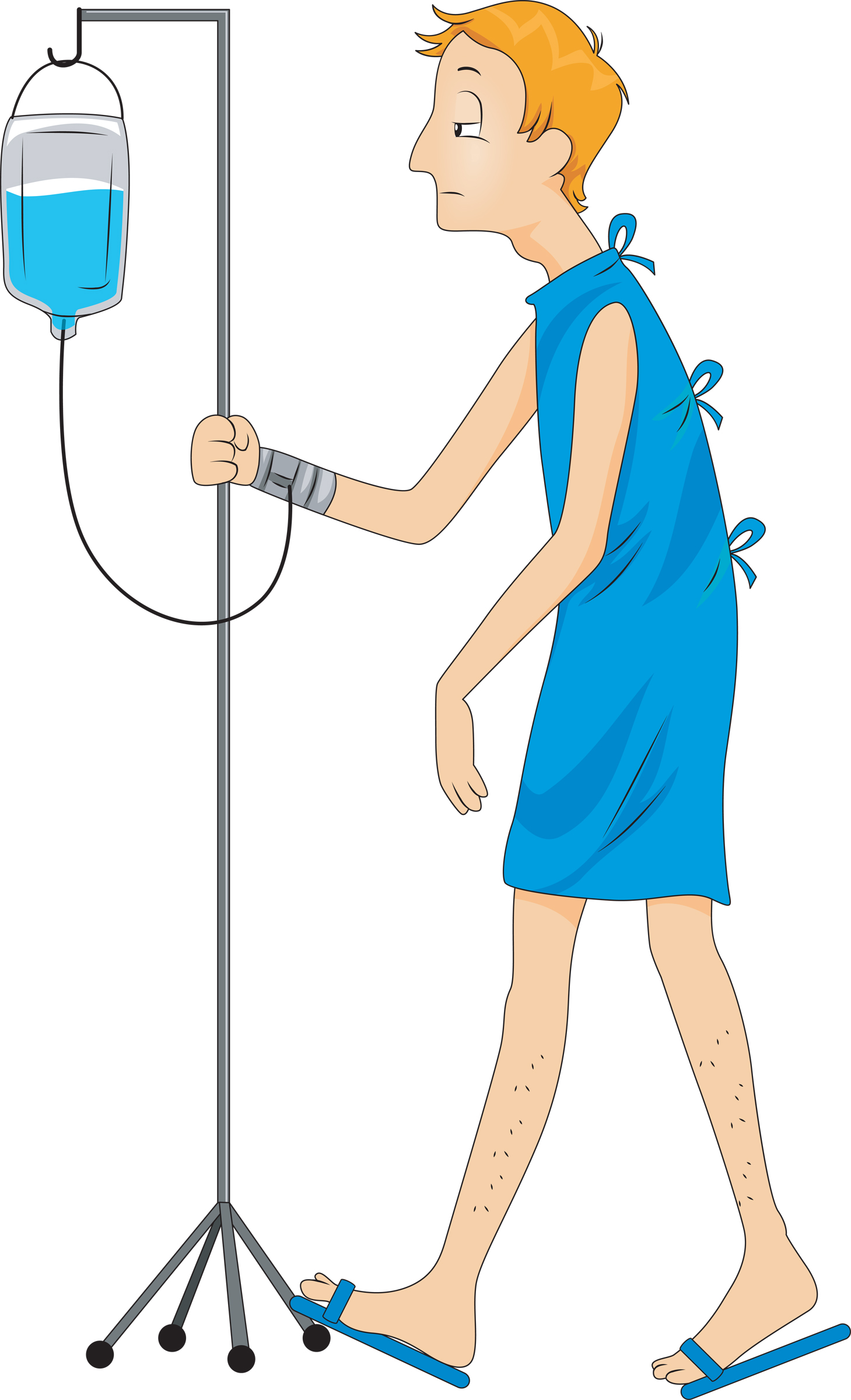 The last morning in the hospital looked to be pretty eventful. The surgeon was scheduled to remove the catheter, after which I would be allowed to go home. For the final procedure, he went about hunting down the numbing gel that was going to be needed; he’d specifically instructed the nurse to transport it to my new room the previous night. I directed him to the location where I believed it to be, and though it wasn’t exactly the substance he had ordered, he decided to use it anyway. (That made me a little nervous.) He briefly explained the extraction procedure to me and then, very quickly, it was over. I believe I let out a loud groan or gasp as it occurred, but the most intense part of the pain was fleeting. The cancer patient in the next bed, on the other side of the curtain, could hear the whole thing and offered up the opinion, “well, that sounded pretty ugly!”
The last morning in the hospital looked to be pretty eventful. The surgeon was scheduled to remove the catheter, after which I would be allowed to go home. For the final procedure, he went about hunting down the numbing gel that was going to be needed; he’d specifically instructed the nurse to transport it to my new room the previous night. I directed him to the location where I believed it to be, and though it wasn’t exactly the substance he had ordered, he decided to use it anyway. (That made me a little nervous.) He briefly explained the extraction procedure to me and then, very quickly, it was over. I believe I let out a loud groan or gasp as it occurred, but the most intense part of the pain was fleeting. The cancer patient in the next bed, on the other side of the curtain, could hear the whole thing and offered up the opinion, “well, that sounded pretty ugly!”
Post-catheter, I needed to hang around the hospital until I could successfully pee on my own. That happened quite soon, with a good, red, blood-drenched stream, which was accompanied by a lot of internal burning. As I would soon learn, this uncomfortable sensation would last awhile.
After the first bathroom visit was successful, I asked the nurse if I could call for my ride home. She said yes, so I made the call. I still needed to wait for final word from the doc, but it wasn’t long until he wandered by again, and said I was good to go (or, you know, something to that effect).
A friend picked me up and got me home. I remember almost falling down on the stairs leading to my apartment door, but being caught before I did damage to myself. I thought I was in pretty good shape that morning, but a few days later I realized I could barely remember the trip. I guess I was still under the influence.
In the weeks after the surgery, the recovery proceeded quite slowly. For the first ten days, I drank lots and lots of fluids to keep myself flushed out, which meant many trips to the bathroom. In terms of prostate symptoms, it seemed little had changed. I had my first post-op appointment ten days after surgery, though, and I was advised I could cut back on the fluids … and that, yes, things would settle down. In the next few hours, with less liquid intake, I did, indeed, need to make fewer trips. That was a huge relief.
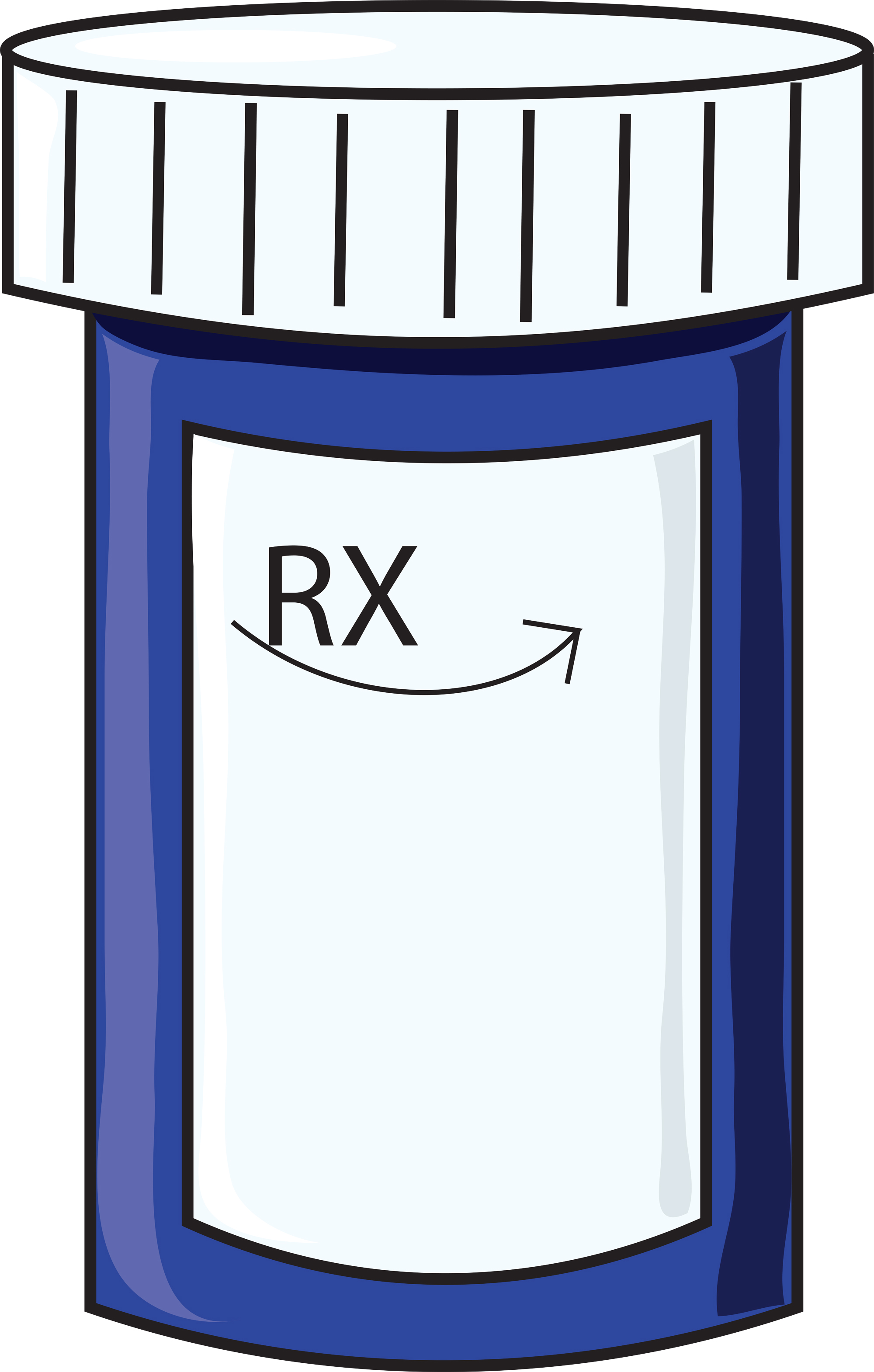 However, in coping with the rest of the recovery, patience seemed (seems) to be the key. I was very fortunate I had been able to time the surgery for early December. I missed three weeks of work and then a week when campus was closed entirely (for the holidays). During those four weeks, my energy was very low. It burned every time I peed. And I continued to bleed … for a long time. At the ten-day mark, I had reported the bleeding had ceased; that was definitely not the case. I bled for weeks and weeks. Sometimes a little bit, sometimes a lot; and just when I thought I’d bled for the last time, I’d bleed again.
However, in coping with the rest of the recovery, patience seemed (seems) to be the key. I was very fortunate I had been able to time the surgery for early December. I missed three weeks of work and then a week when campus was closed entirely (for the holidays). During those four weeks, my energy was very low. It burned every time I peed. And I continued to bleed … for a long time. At the ten-day mark, I had reported the bleeding had ceased; that was definitely not the case. I bled for weeks and weeks. Sometimes a little bit, sometimes a lot; and just when I thought I’d bled for the last time, I’d bleed again.
Although I am now able to manage life without taking Flomax (after ten years, being able to eliminate a major drug from my daily routine is very welcome), and my symptoms are much improved, I wonder if there will be a time when I stop thinking about the next bathroom trip. It seems that after years of conditioning, this is a hard habit to break, even when my body has had major work.
[The story continues here.]
I’m Not Getting Any Younger
 Sat, February 25, 2012 at 1:39PM
Sat, February 25, 2012 at 1:39PM When I was 49 years old and started getting those mailings from AARP (because somehow they knew, just knew, I was going to be 50 very soon), I totally resented it. AARP?! What’s going on? Retired persons? Huh?
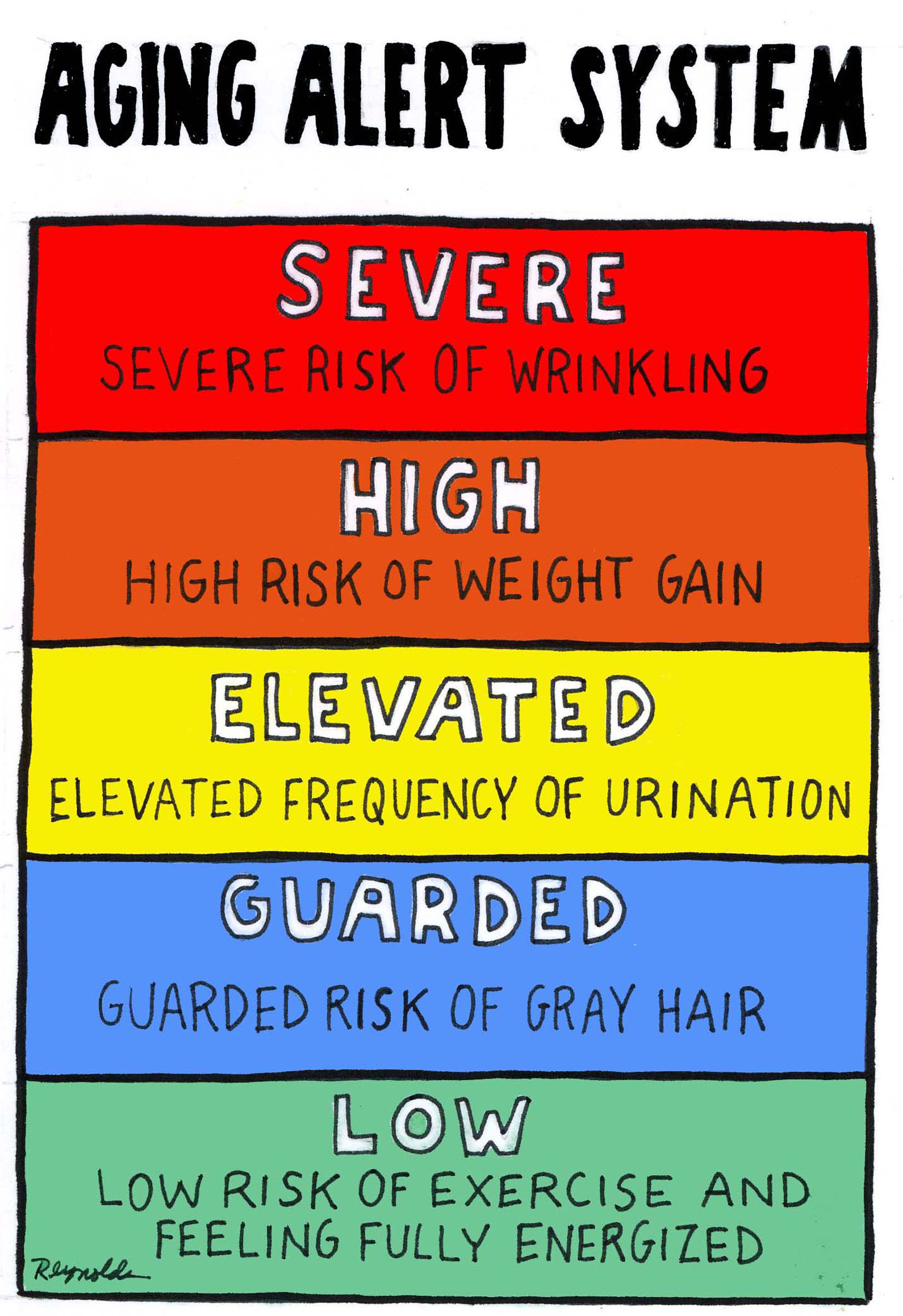 Then came the time, about ten years later, when I was offered my first “senior discount” – while ordering a sandwich at a Subway store. I reported that incident here as “mildly disturbing.” At the time, I declined to take advantage of their offer.
Then came the time, about ten years later, when I was offered my first “senior discount” – while ordering a sandwich at a Subway store. I reported that incident here as “mildly disturbing.” At the time, I declined to take advantage of their offer.
The next time the senior discount thing happened, about a year later, I wasn’t even asked: the person behind the counter simply took a look at me and punched the discount into the purchase.
Ugh.
Now, one of the most telling signs of advanced age is coming my way. In the past couple weeks, I’ve received two mailings, one from Blue Shield of California, the other from my old friend AARP, both on the topic of Medicare. Yep, the word is out: in less than six months I’m turning 65.
Apparently I’ve got a bunch of homework to do (go to www.medicare.gov and study up, they both advise). And then, there’s the whole matter of Medicare supplement plans, which I guess are very important and a big decision. Ohhhhh … I have a lot to learn!
This business of getting old continues to be: not for sissies.
Roto-Rooter & Recovery: Part 3
 Mon, February 20, 2012 at 10:51AM
Mon, February 20, 2012 at 10:51AM Continued from Part 2…
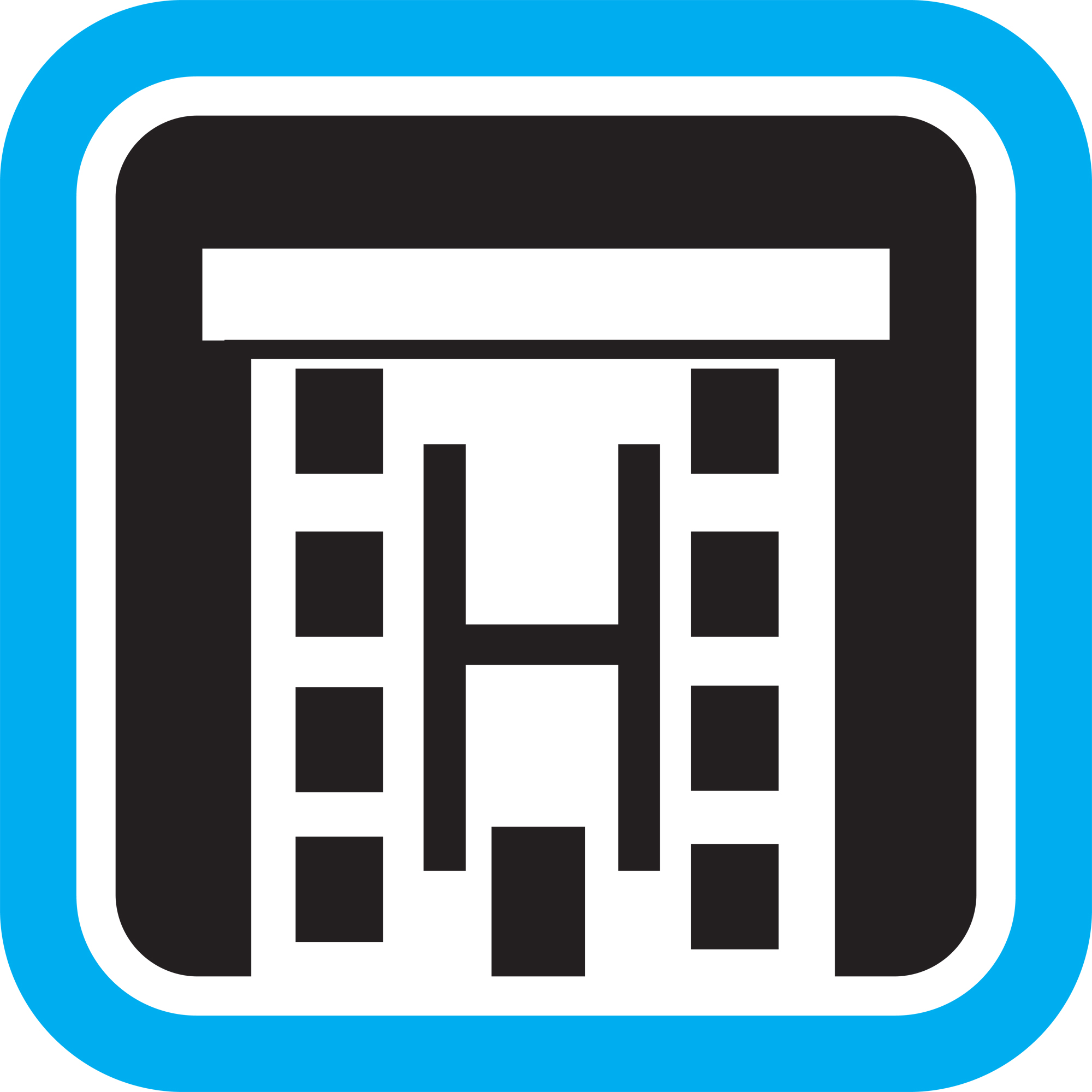 After I’d been in this second room for about 24 hours, and not long after the roommate-nosedive episode, I told the nurses I simply couldn’t take it any more. I mean: really! I hadn’t slept my first night in the hospital, and I certainly was not going to sleep my second if I had to remain in the same space with Mr. Fruitcake. They finally agreed to move me yet again, though I couldn’t help but wonder what would happen next.
After I’d been in this second room for about 24 hours, and not long after the roommate-nosedive episode, I told the nurses I simply couldn’t take it any more. I mean: really! I hadn’t slept my first night in the hospital, and I certainly was not going to sleep my second if I had to remain in the same space with Mr. Fruitcake. They finally agreed to move me yet again, though I couldn’t help but wonder what would happen next.
So, my bed was rolled down the hall to another room about dinnertime, and although there was an occupant on the other side of the curtain, I heard nothing.
Ah … silence.
But, then, right around the time our meals were delivered, the guy’s family arrived: which appeared to be a wife and two small kids. Ugh. Still, everything worked out OK this time. They stayed less than two hours, and the kids were very well-behaved. Plus, I think the couple tried to talk so they couldn’t be overheard. Certainly, I could barely make out anything they said.
After his family left, I finally said “hi” – even though we couldn’t see each other. He indicated that he had had surgery for breast cancer a few hours earlier. He also said he had been diagnosed only a couple days ago; still, here he was recovering from surgery this evening. When I asked him a couple questions, he seemed to know precious little about his condition, which surprised me … but, then again, he’d only just been diagnosed and apparently had, on-faith, taken some doctor’s word for what needed to be done and when. I told him that I had gone through a breast-cancer experience with a former female partner in 1999 and she was fine, and that a male colleague of mine had had breast cancer in the early 2000s and his case turned out positively as well. I think he liked that report. In addition to clueless, he did sound a little scared.
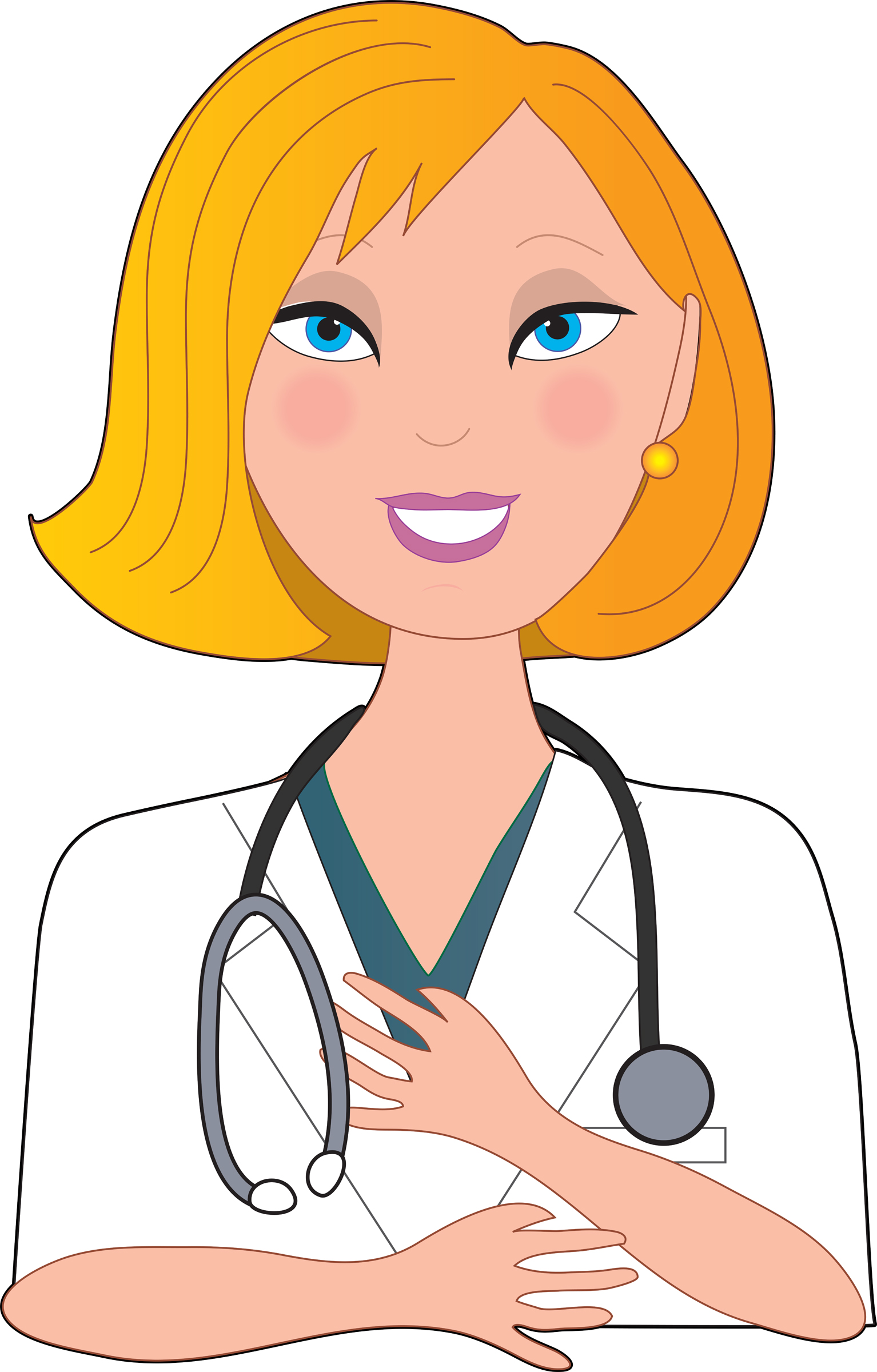 During the time I was in the hospital, just a little over 48 hours total, I had a couple of great nurses and a string of them that seemed, well, uninformed and uninvolved. The nurse who attended to me the first day, right out surgery, was very nice and genuinely concerned with attending to both my physical and emotional needs. However, the nurses who came and went during both nighttime hours, seemed totally oblivious to why I was there, what had gone on with me since I’d arrived, and were, quite-remarkably, disturbingly, detached. I did the best I could, through the fog of anesthesia, drugs, pain and fear, to keep track of what they were putting into my body and why, and what schedule I was on for what. As it turned out, I did a much better job of that than they ever did, even in my diminished-capacity condition. I pushed the button and told them it was time for this or that, and, when they looked it up on their computer, sure enough … there it was. When I was struggling mightily with the reaction I had to the Vicodin, on the morning after the surgery, in response to my request to figure out what was going on with my stomach pain, the nurse on duty said, “I need to check on something quickly, but I’ll be right back.”
During the time I was in the hospital, just a little over 48 hours total, I had a couple of great nurses and a string of them that seemed, well, uninformed and uninvolved. The nurse who attended to me the first day, right out surgery, was very nice and genuinely concerned with attending to both my physical and emotional needs. However, the nurses who came and went during both nighttime hours, seemed totally oblivious to why I was there, what had gone on with me since I’d arrived, and were, quite-remarkably, disturbingly, detached. I did the best I could, through the fog of anesthesia, drugs, pain and fear, to keep track of what they were putting into my body and why, and what schedule I was on for what. As it turned out, I did a much better job of that than they ever did, even in my diminished-capacity condition. I pushed the button and told them it was time for this or that, and, when they looked it up on their computer, sure enough … there it was. When I was struggling mightily with the reaction I had to the Vicodin, on the morning after the surgery, in response to my request to figure out what was going on with my stomach pain, the nurse on duty said, “I need to check on something quickly, but I’ll be right back.”
However, she didn’t return. And, when she did wander by about an hour later, I reminded her that I WAS STILL IN PAIN and could we do something, PLEASE?!
The computer system in the hospital was totally ridiculous. Every time the nurses had to check on ANYthing, they had to wait for the computer to boot up (very slowly), then they had to navigate to my records, check on the status and, finally, scan the barcodes on both the medication they were administering and on my wrist bracelet. Of course, this even included the Maalox and Tums they gave me for my Vicodin-induced stomach pain. What a joke. I told them that when I was sent a survey about my care at the hospital, I was going to advocate for a new computer system. (Which I subsequently did.)
In case you haven’t guessed: I really didn’t like being in the hospital.
[The story continues here.]
Jim Arnold Photography
 Sat, February 18, 2012 at 9:09AM
Sat, February 18, 2012 at 9:09AM Please make sure to stop by and visit my other primary home here in the virtual world …
[click on this photo]
 TechnoMonk | in
TechnoMonk | in  Art,
Art,  Photography
Photography My Nikon School Experience
 Thu, February 16, 2012 at 6:48PM
Thu, February 16, 2012 at 6:48PM  I attended Nikon School again this year. This is an all-weekend, two-day photography seminar sponsored by the makers of Nikon cameras; it is available in several cities around the country over the course of any given year. No other camera manufacturer has a program that’s even remotely similar, if my information is correct. The first day, Saturday, is a beginner’s session entitled “Introduction to Digital SLR Photography.” It starts with the basics of ISO, shutter speed and aperture and goes from there, including exposure modes; white balance; lens choice; composition; and framing. The second day is called “Next Steps: Color, Light & Technology.” This day is much more technical, and includes such topics as understanding the qualities of light; how to make the most of RAW format images and maximize a workflow built around them; color management from camera to print; and a demo of Capture NX2 (Nikon’s own photo-editing software). Both days are incredibly packed with information: so much so that the first time I attended the “Next Steps” day, I thought my head was going to explode. Luckily, I keep up with most parts of all topics now, so I don’t walk away so overloaded and exhausted. At the end of the weekend, I’m more energized than anything, so I guess that’s why I keep going back year after year.
I attended Nikon School again this year. This is an all-weekend, two-day photography seminar sponsored by the makers of Nikon cameras; it is available in several cities around the country over the course of any given year. No other camera manufacturer has a program that’s even remotely similar, if my information is correct. The first day, Saturday, is a beginner’s session entitled “Introduction to Digital SLR Photography.” It starts with the basics of ISO, shutter speed and aperture and goes from there, including exposure modes; white balance; lens choice; composition; and framing. The second day is called “Next Steps: Color, Light & Technology.” This day is much more technical, and includes such topics as understanding the qualities of light; how to make the most of RAW format images and maximize a workflow built around them; color management from camera to print; and a demo of Capture NX2 (Nikon’s own photo-editing software). Both days are incredibly packed with information: so much so that the first time I attended the “Next Steps” day, I thought my head was going to explode. Luckily, I keep up with most parts of all topics now, so I don’t walk away so overloaded and exhausted. At the end of the weekend, I’m more energized than anything, so I guess that’s why I keep going back year after year.
Last weekend marked my fifth year in a row attending Nikon School in Berkeley, and perhaps my tenth time overall (honestly, I've lost track). I’ve also attended Nikon Schools offered in Portland and Seattle (two or three times in each of those locations, when I lived in Oregon). Back in the early 2000s when I first started attending, I was still shooting film, as was one of the two instructors (Sam Garica; Bill Durrence was shooting digital.)
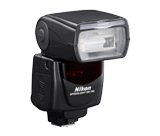 Autofocus Speedlight SB-700An additional topic (not listed above) for the “Next Steps” day is flash photography, with a discussion of fill- and bounce-flash. The presentation includes a live demonstration using multiple Speedlights (the name for Nikon’s line of flashes) in a simulated portrait session. For this part of the seminar, one audience participant is asked to volunteer to sit on stage as their subject.
Autofocus Speedlight SB-700An additional topic (not listed above) for the “Next Steps” day is flash photography, with a discussion of fill- and bounce-flash. The presentation includes a live demonstration using multiple Speedlights (the name for Nikon’s line of flashes) in a simulated portrait session. For this part of the seminar, one audience participant is asked to volunteer to sit on stage as their subject.
When it came time for this demo, I thoroughly expected the instructors to choose a female (and certainly someone who doesn’t wear glasses, as that adds an unneeded complication to their work) for this very interesting, but rather-intense part of the show. However, this year, they didn’t ask for volunteers! With no advance warning of what was to come, I was, more-or-less, simply selected to be the subject.
How did this happen? Well, Nick Didlick, along with Reed Hoffmann, were the two instructors this time around and I’ve been Facebook friends with Nick for a couple years now. He knew I was in the audience … right there in the front row, as usual. The flash demo was his topic, and when he started it out, he simply pointed to me and indicated that he’d like me to come up and help. I don’t exactly remember how he asked: I was too stunned. However, I was flattered to be chosen, and, of course, got up on stage. I remember saying, jokingly, something like, “you’ll be sorry.”
 © 2012 Nick DidlickDespite my embarrassment at having every single frame immediately visible on the big screen, I pretty much enjoyed myself. Nick really worked hard, and eventually produced some good shots. (There were lots of bad ones, too, as he quite ably demonstrated what didn’t work so well.)
© 2012 Nick DidlickDespite my embarrassment at having every single frame immediately visible on the big screen, I pretty much enjoyed myself. Nick really worked hard, and eventually produced some good shots. (There were lots of bad ones, too, as he quite ably demonstrated what didn’t work so well.)
Amazingly, I had packed my MacBook Air along with me to the seminar. This was the first time I had ever carried a computer in. It certainly came in handy as, during the break, Nick allowed me to download the entire photo shoot onto my machine. I’ve included one of my favorite shots here.
You may want to check out the websites of the five Nikon School instructors: Nick Didlick, Bill Durrence, Reed Hoffmann, Bob Pearson, and Michael Schwartz.
Bottom line: I heartily recommend attending Nikon School if it ever comes to your neighborhood.
[See also: Nikon Acquisition Syndrome.]

